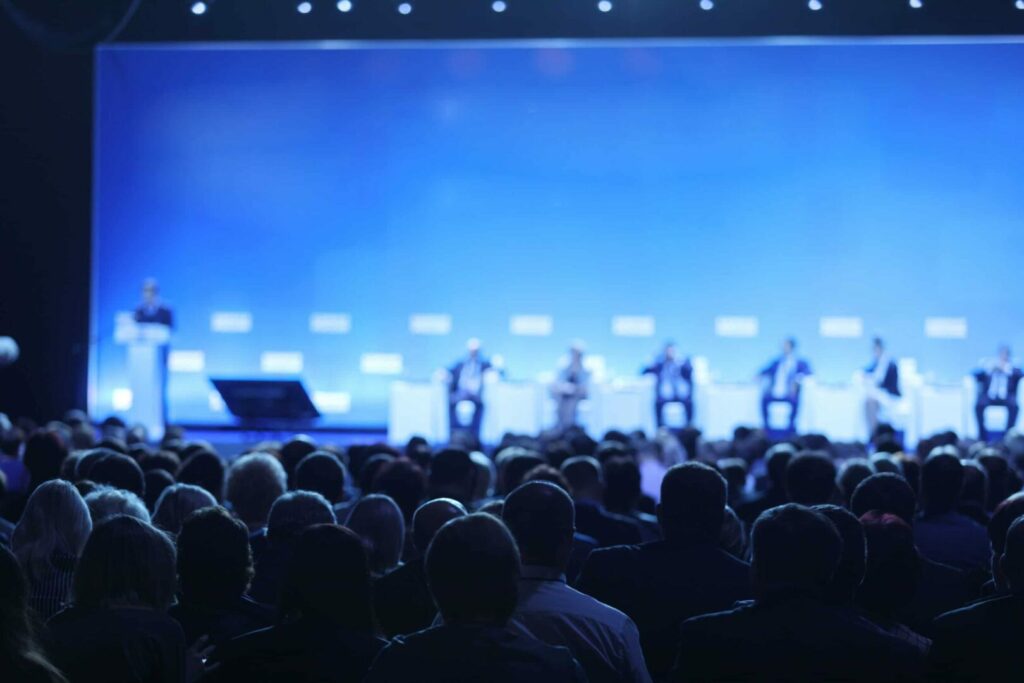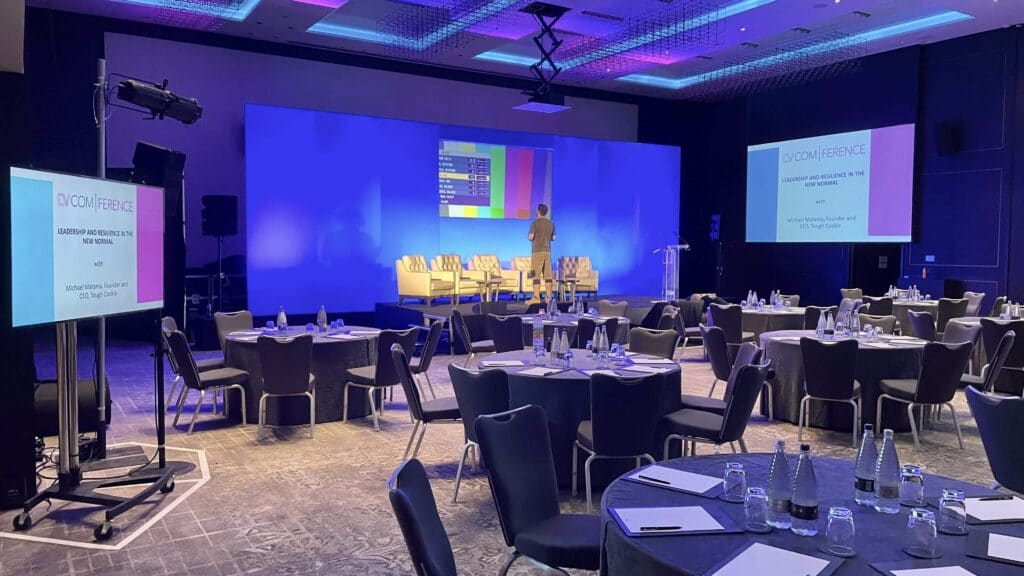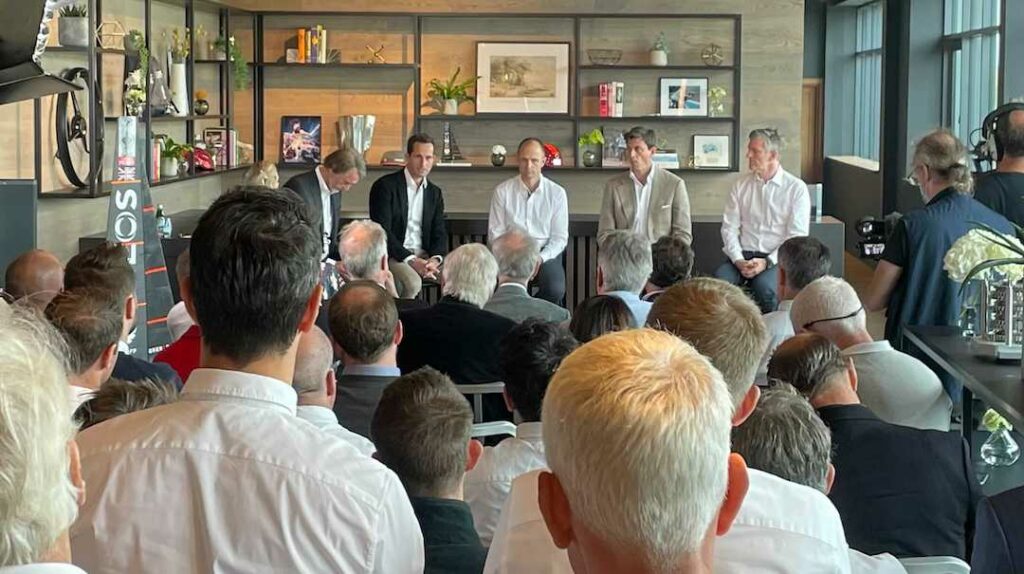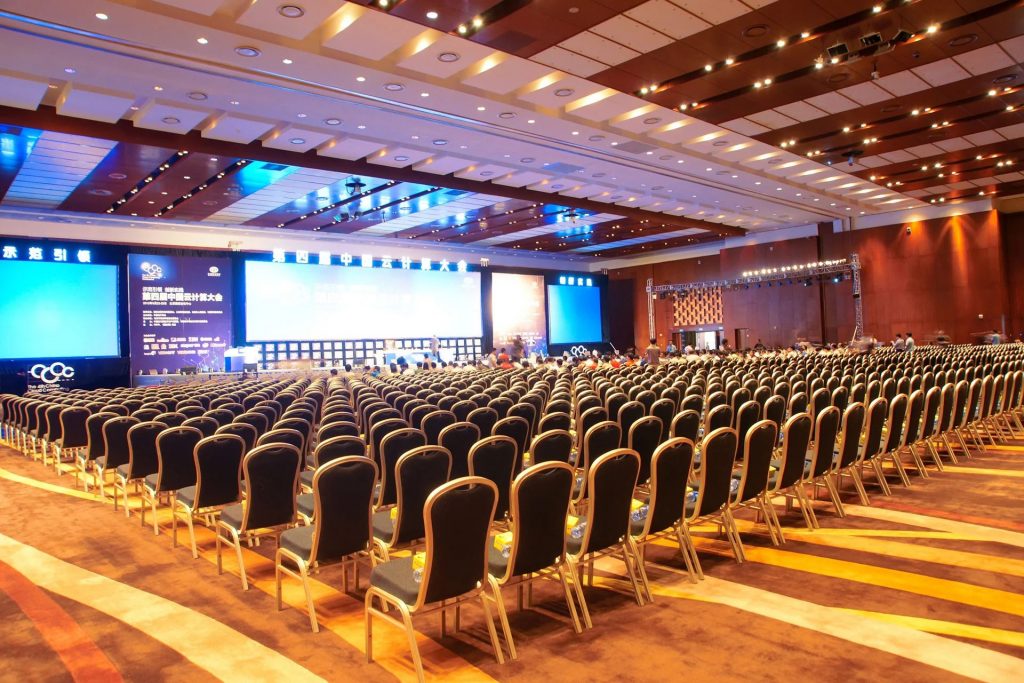
Do you have a corporate event fast approaching in the diary that you are yet to start planning? Well worry not, you’ve come to the right place. We’ve carefully crafted this guide that will help ensure all the vital components for your corporate event are taken care of with plenty of time to spare; meaning you can relax and enjoy the event without the stress when the date finally comes around.
Whether you’re hosting a product launch for or a corporate event, producing professional events is what we do and speaking from over a decade’s experience, the quality and co-ordination of your event is what will set you apart from other businesses.
This guide will help you understand and utilise five key elements when it comes to corporate event production – research, design, planning, co-ordination and evaluation.
As is often the case, spending some time in the initial stages to conduct good and thorough research is often the key to success. You should start the process of event planning by understanding the specific purpose of your event and defineexactly what it is you want to achieve from your event.
Once you’ve identified your core goals and expectations, you can then determine what kind of event will resonate most with your intended audience. Consider at this stage whether you wish to hold a more traditional in-person event, or would it make sense to incorporate a corporate live streaming element into your event so people further away or overseas can still attend?
From your initial research, you should be able begin establishing an estimated budget and timeline for your event. Consider factors such as the scale, location and other requirements that you may have to incorporate like microphones, staging and sound equipment for instance. By setting your budget early on, you’ll have a good idea of how much you have to spend which will ultimately determine what level and quality of event you can produce within your means.
A very important step before we can fully begin the design process is firstly defining your target audience. Once this has been established it will pave the way for the rest of your design and planning stages.
Ask yourself who will be the primary or key attendees for your event? What demographic are they? How will they best engage with your event? Is it your company’s executives, managers, or maybe long time clients or business partners? Maybe it’s a combination of these groups? Whoever it may be, once you can confidently name your target audience, you can then cater the entire programme and theme to their requirements, specific interests and habits.
One thing to note – It can often be stressful determining who and how many guests to invite to an event. From our experience it’s always better to invite too many people than too few. Empty seats and uneaten food looks far worse than a packed out event.


Once your objectives have been set and you’ve defined the target audience, it’s now time to establish your timeline and choose a theme or topic for the event. Think about how you want to present your event to your guests. Given the research and design work completed already, you probably already have a good idea of what your topic or theme will be.
If you are coordinating an event whereby you would like an industry expert, such as a guest speaker to discuss your chosen topic or theme of your event you’ll need to orchestrate this event somewhat around their availability (depending on how important this particular person is to the event) or prepare to have plenty of alternative options in place. Other things to consider planning for are things like peer-to-peer learning sessions, client panels, keynotes, round table discussions and breakout session speakers are some other popular options.
Now you’ll need to locate the perfect venue to host your event. You may already have a shortlist, but it’s very important not to jump ahead and book a venue before you know the finer details of your event. Our advice? Establish the intent of your event and your requirements before deciding on a venue. Build the event foundations first and then find the venue that fulfils your requirements and expectations. Will the event require additional AV equipment? If so, you may need to consider hiring a corporate AV installation company.
If you’re working to a tight budget, try lowering the venue hire costs by hosting your event at a less busy time when the venue is more likely to be available, such as a breakfast conference one morning or a midweek afternoon in-person event.
In order to produce a successful event, you will have to identify, interview and contract all the necessary event specialists, suppliers, venues and guest speakers to name just a few. This may also include things more niche such as caterers, audiovisual engineers, printers, decorators, photographers, florists and security personnel, also to name just a few.
As we’ve already mentioned, you must also book speakers and presenters who best resonates with the ideas, theme and topic you’d like to communicate throughout the event. Keep in regular contact with your speakers and presenters to ensure they are well briefed and on topic on the night.
To assure everything goes according to your plan, utilise the timeline you created for the event during the previous steps and make sure everyone involved is worked to the same schedule. Communicate key deadlines and milestones throughout and ensure everyone knows what aspects of the day they are responsible for managing.

Finally the event is over, it’s time to give yourself a pat on the back and begin to reflect on how the night went. Now is the time to wrap up any loose ends, such as sending final payments to suppliers, sending out follow up emails, feedback forms and questionnaires and conducting a post-event debrief with your team.
Anonymous questionnaires & feedback forms are probably the most important thing you can do post-event to get honest and constructive feedback from your attendees. Aside from that, debriefing with the team on specific aspects on what went well and other things that could be done better next time are also extremely valuable methods to evaluate.
We hope you found this guide on how to plan a corporate event to remember useful. If you would like to discuss an event with us and how we could assist, please get in touch.